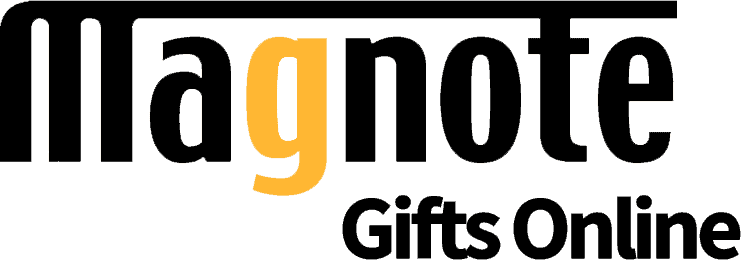Blog X 01.2025
Political Election Odds and Market Movements
Political Election Odds: An Overview
Election odds refer to the probabilities assigned to various candidates or parties winning an election, often expressed in numerical format or as betting odds. These odds are derived from a combination of polling data, historical trends, and market sentiment. Understanding election odds is crucial for political forecasting as they can provide insights into the likely outcomes of elections based on current information. For more information on responsible gambling, you can visit GamCare services and information.
Historically, election odds have played a significant role in shaping public perception and political strategy. In past elections, fluctuations in odds have often mirrored shifts in voter sentiment and have influenced campaign decisions, from resource allocation to messaging.
How Market Movements Influence Election Odds
Market movements encompass the fluctuations in financial markets, including stocks and bonds, reflecting the overall economic sentiment. Various indicators, such as stock prices, yield spreads, and consumer confidence indices, serve as barometers for economic health.
There is a well-established relationship between economic indicators and election outcomes. Generally, a strong economy tends to favor the incumbent party, while economic downturns can bolster the opposition. For example, during the 2008 financial crisis, market instability contributed to shifts in election odds favoring Barack Obama over John McCain. To explore related topics, you might find Exploring the Rise of Fantasy Sports Betting interesting.
Case studies of notable elections illustrate how market movements have affected odds. In the 2016 U.S. Presidential Election, fluctuations in stock market performance were closely monitored and often aligned with changes in polling data, showcasing the interplay between economic conditions and political forecasts.
The Role of Betting Markets in Political Elections
Political betting markets have emerged as a popular means for gauging the likelihood of electoral outcomes. These markets operate similarly to traditional financial markets, where participants buy and sell shares based on their predictions of election results.
When comparing traditional polling to betting odds, a key distinction lies in the predictive power. While polls are based on direct voter surveys, betting markets aggregate the opinions of bettors, often leading to more accurate forecasts. Studies have shown that betting markets can sometimes predict election outcomes with greater accuracy than polls, especially as the election date approaches.
Factors Affecting Political Election Odds
Several key factors influence political election odds, including:
- Candidate Popularity: The public’s perception of candidates can dramatically shift odds, particularly following debates or major speeches.
- Campaign Financing: The amount of money raised and spent by candidates can correlate with their visibility and viability, impacting odds.
- Media Coverage: The extent and nature of media coverage can shape public opinion and, consequently, election odds.
Major events, such as debates or scandals, can also significantly impact election odds. For instance, a poor debate performance can lead to a sharp decline in a candidate’s odds. Additionally, voter demographics and turnout predictions play crucial roles; shifts in demographic support can lead to changes in odds quickly.
If you’re considering placing bets, it’s important to be aware of your options. You can cancel gamstop if you have restrictions that may affect your betting activities.
Case Studies: Recent Elections and Market Trends
Examining recent elections reveals the intricate relationship between market movements and election odds. In the 2020 U.S. Presidential Election, the stock market’s performance was closely watched, with rising markets often correlating with Joe Biden’s increasing odds as the election drew near.
In the UK General Election of 2019, betting markets initially favored the Conservative Party as economic indicators suggested a favorable environment for Boris Johnson. However, as public sentiment shifted, the odds fluctuated, demonstrating how quickly market perceptions can change.
Insights from other global elections, such as those in Germany and Brazil, further emphasize the relevance of market implications on election odds, often reflecting broader economic trends.
Future Trends in Political Election Odds and Markets
Looking ahead, the evolution of political betting markets seems poised for growth. With advancements in technology and data analytics, the accuracy of predicting election outcomes is expected to improve. Social media’s increasing influence on public opinion will likely play a significant role in shaping election odds as voter sentiments are more rapidly disseminated and analyzed.
Data analytics will become increasingly relevant in political forecasting, allowing for more nuanced insights into voter behavior and market trends, thus enhancing the predictive power of election odds. For further exploration into the impact of gambling on politics, you can refer to the Source.
